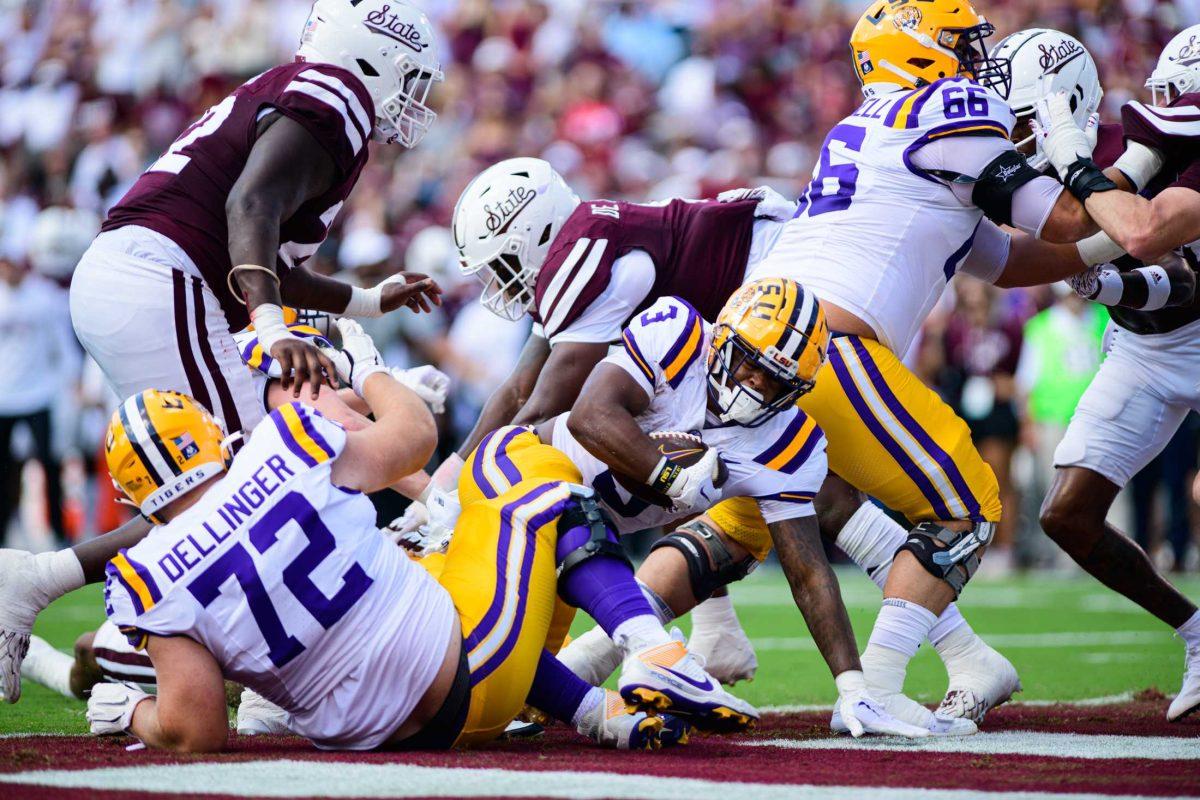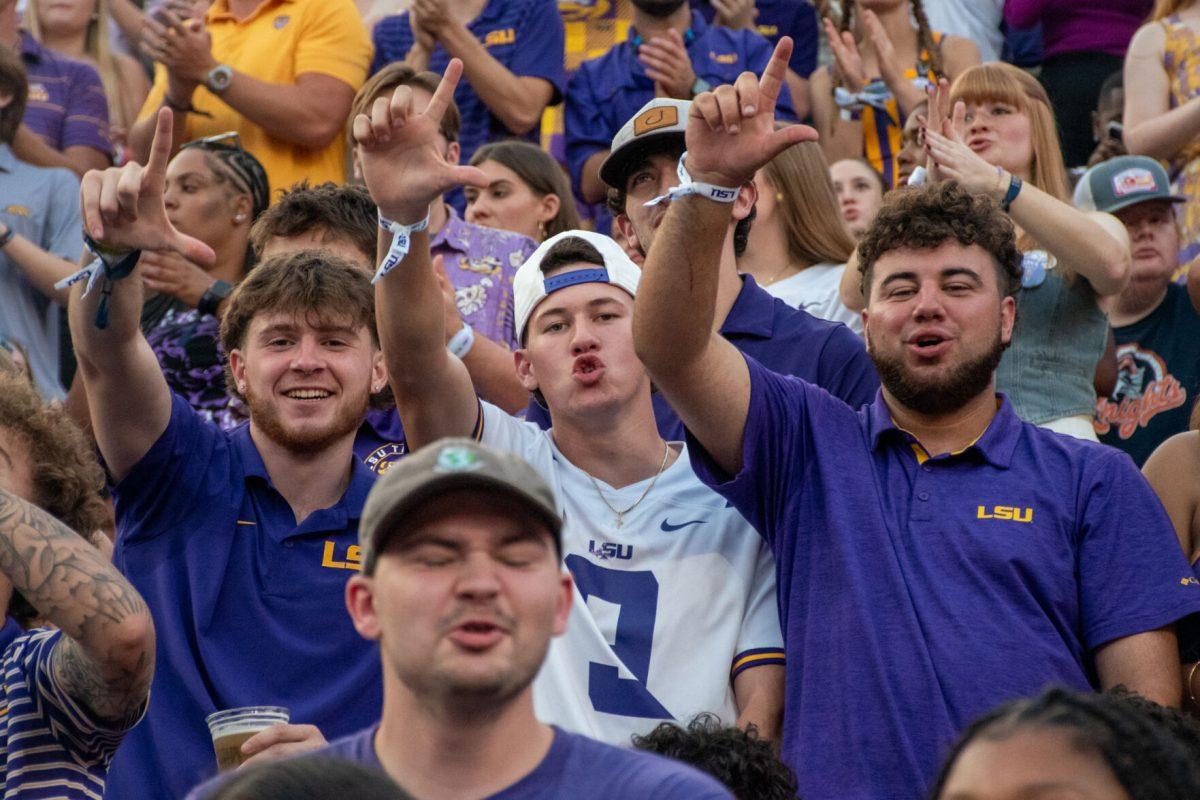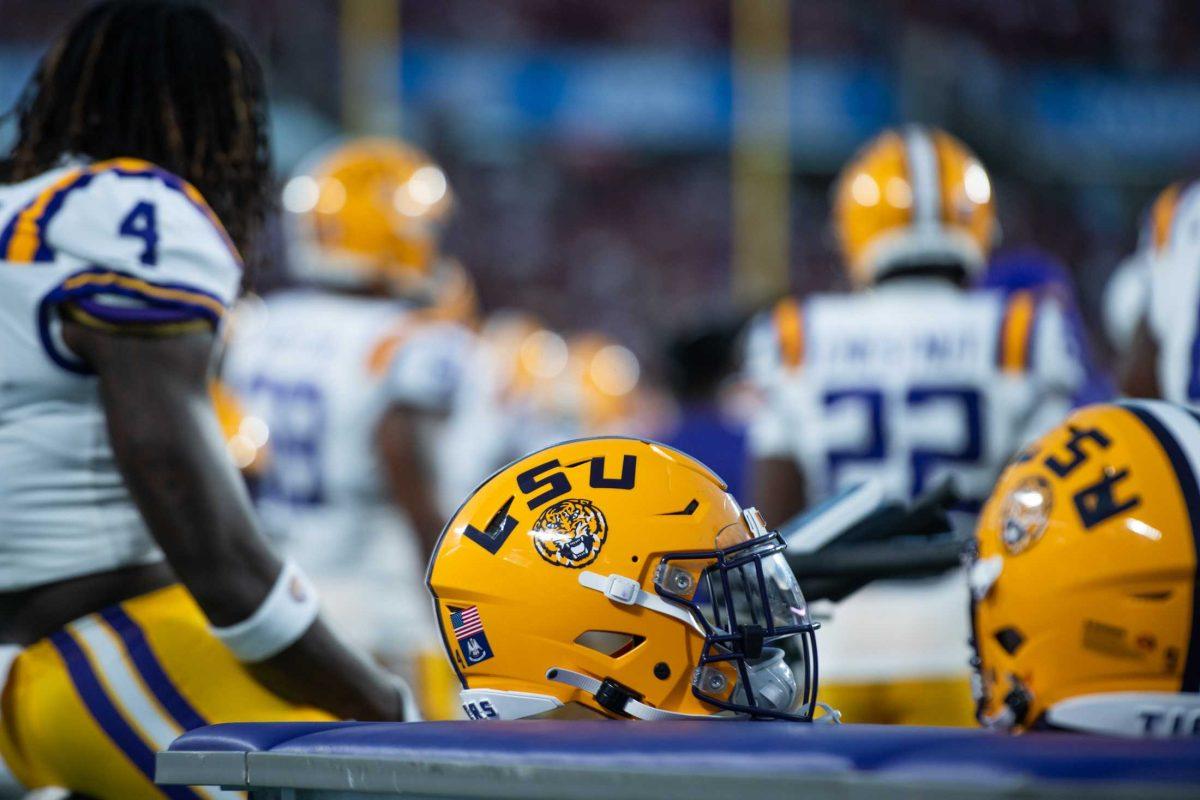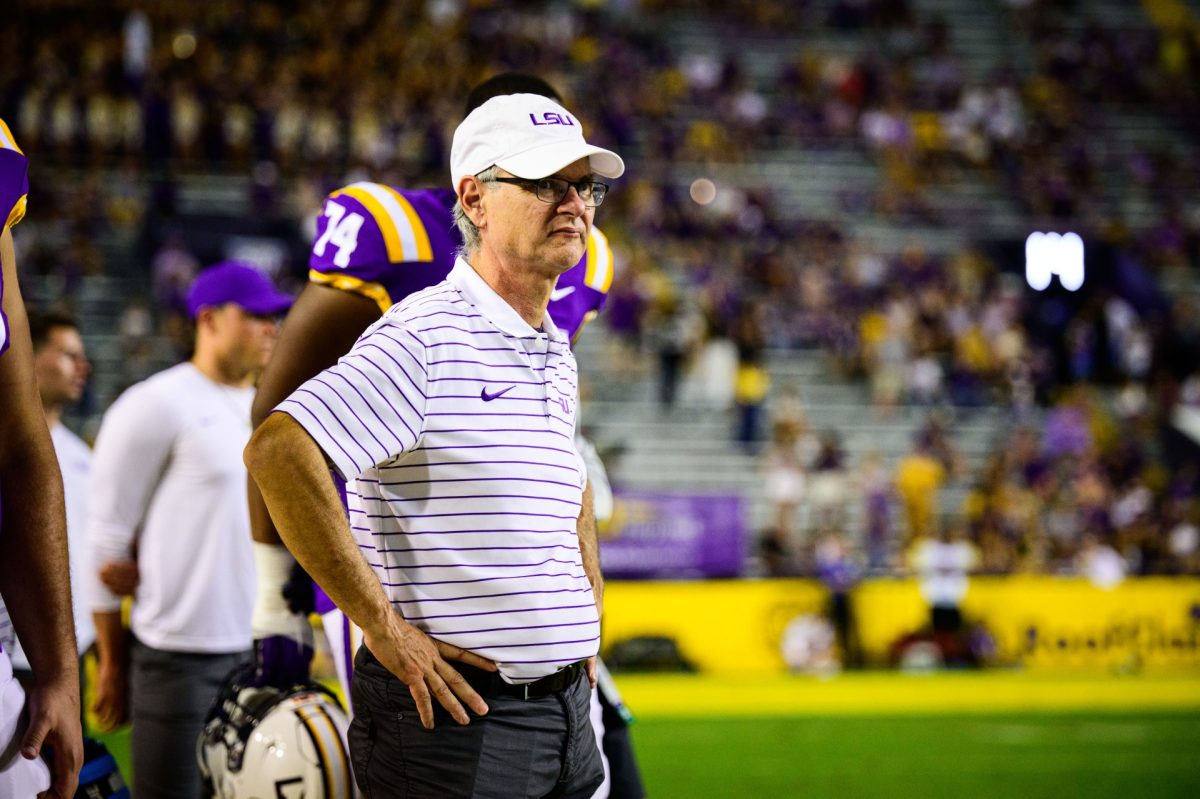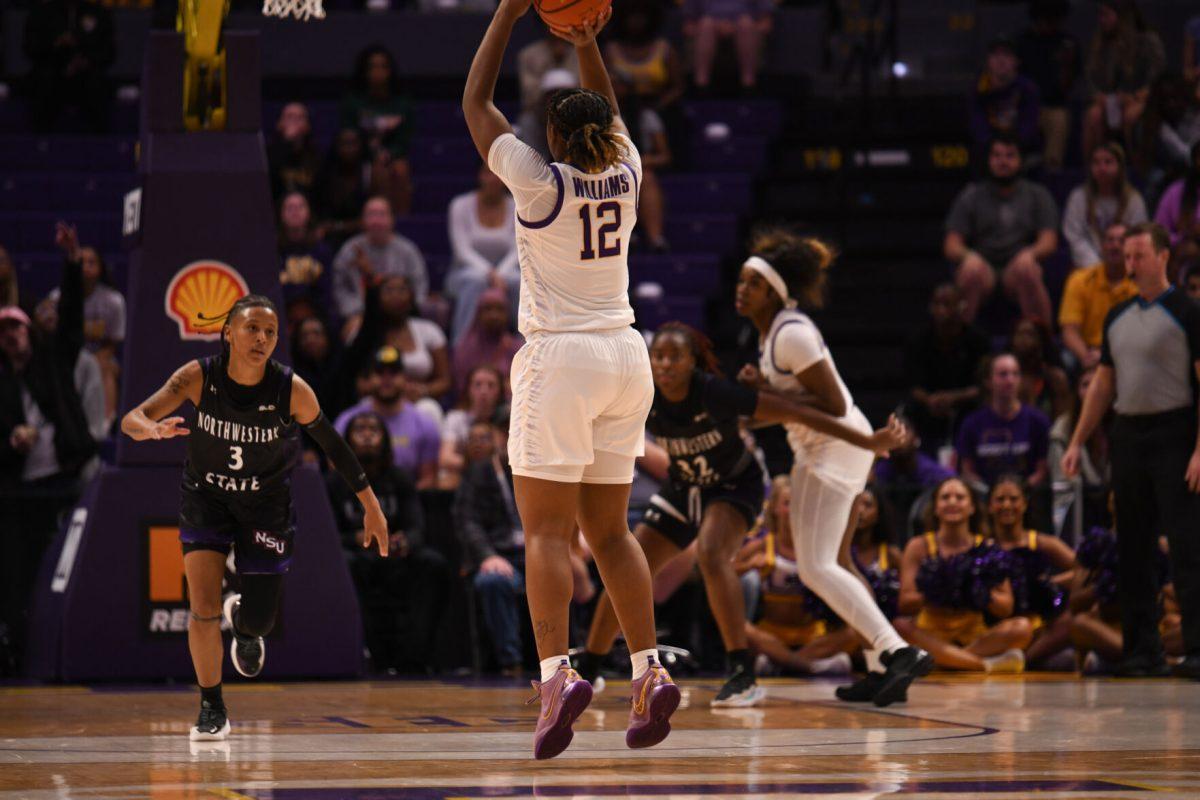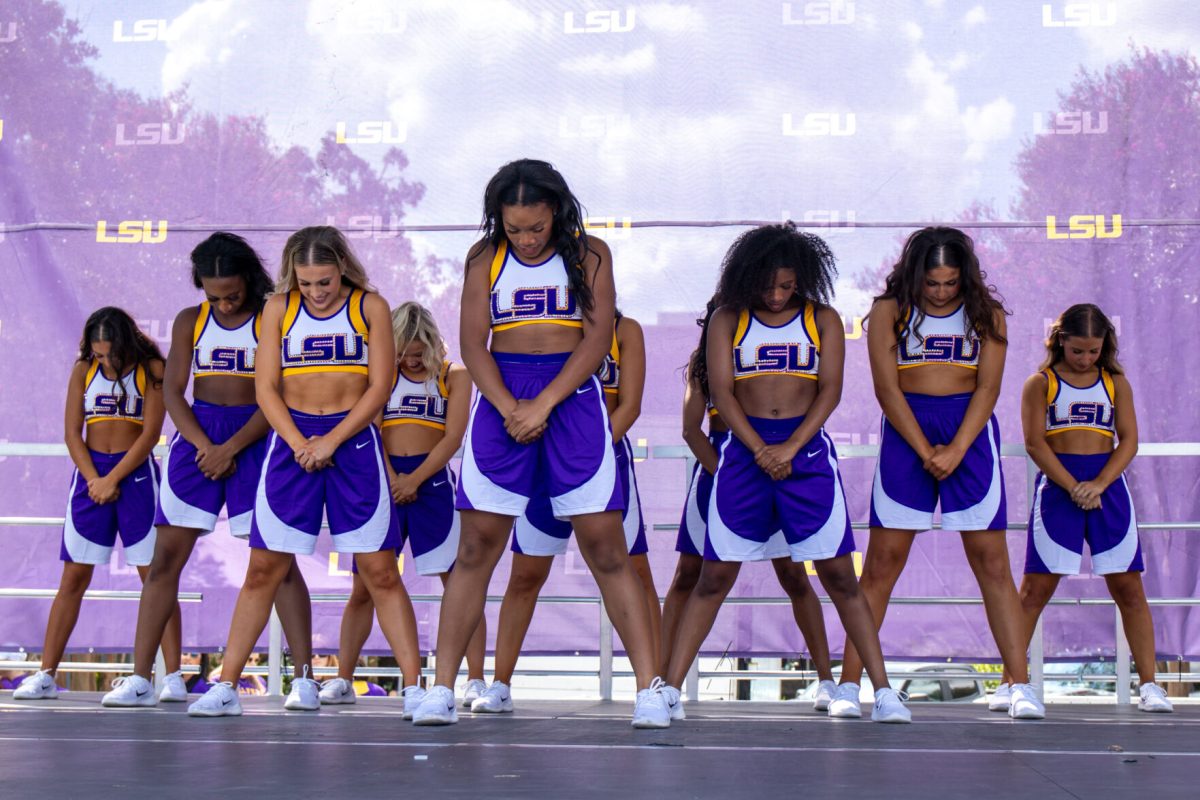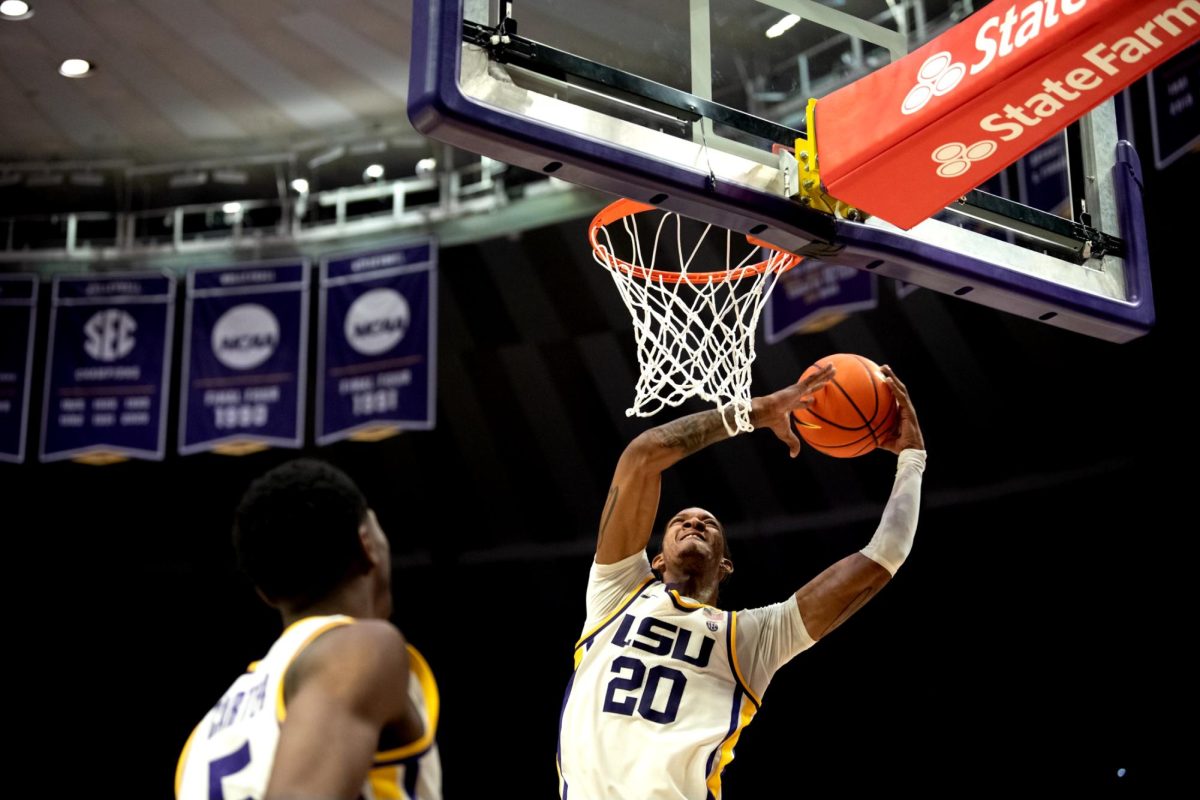After an impressive 41-14 win over Mississippi State, it would be easy for an LSU team with renewed confidence to overlook an opponent like Arkansas.
After all, Arkansas isn’t flashy. The Razorbacks average the fewest yards per offensive play in the Southeastern Conference. They’ve run the ball 40 times per game, the third-most in the SEC, and yet they average only 3.8 yards per rush, a mark that’s the third-worst in the conference and in the bottom half of the FBS.
It’s possible No. 12 LSU might be looking past an opponent like Arkansas toward the following week’s bout with No. 15 Ole Miss, which very well could decide the SEC West crown. With betting lines this weekend set at a margin of 17.5 in favor of the Tigers, the consensus seems to be that LSU will win this one with relative ease.
MORE FOOTBALL: Balanced attack: Analyzing the Razorbacks’ offense ahead of LSU vs. Arkansas
However, the memory of an unexpectedly close 13-10 defensive slugfest last November has LSU wary of an opponent that’s sure to bring its best.
“We know Arkansas is going to come out with an edge that we got to match,” linebacker Greg Penn III said. “It’s going to be a great game. We know it’s going to be a tight, physical game.”
In last year’s game, the Razorback defense came in with a passion to stifle then-No. 7 LSU’s offense. Quarterback Jayden Daniels finished with only 86 yards passing and accounted for two turnovers.
That defensive success came as a result of Arkansas’ discipline, according to center Charles Turner.
“They weren’t really extra aggressive,” Turner said about Arkansas’ defense in last year’s game. “They just played their gaps well, they got up the field and penetrated well. It wasn’t a chippy game, nothing like that. They did their assignments very, very well.”
This year, Arkansas’ calling card is once again its defense, and it may be the best unit LSU has faced this season. The team ranks No. 11 in the nation in yards allowed and No. 4 in rushing defense. The Razorbacks also slot in at No. 11 in turnovers forced and No. 7 in sacks, both the best marks in the SEC.
“They don’t do a lot of movement. They just try to play up front, plug up gaps,” Turner said. “That’s something we got to watch out for in our combos, staying cheek-to-cheek and shoulder-to-shoulder.”
Defensive end rusher Landon Jackson, who was once at LSU, and linebacker Jaheim Thomas have been standouts for Arkansas’ disruptive defensive front, accounting for six and 4.5 tackles for loss, respectively.
The key matchup to watch will almost certainly be between LSU’s offensive line and Arkansas’ front seven. Keeping Daniels clean and paving the way for the run game so that the Tigers’ offense isn’t one-dimensional will be a tall task for the unit, which looked good against Mississippi State but has had its struggles this year.
Last week, Arkansas’ defense looked mortal as it allowed 38 points against BYU and gave up a touchdown on three of the Cougars’ four red zone drives. Arkansas entered the game having given up just one red zone touchdown on six tries.
However, that 38 points doesn’t look as bad when you realize it came on 15 offensive possessions for the Cougars. In addition, of BYU’s five touchdowns, three came on plays of 20 yards or more. Aside from those three long touchdowns, Arkansas allowed only 179 yards across 54 offensive plays.
This doesn’t mean Arkansas’ defense isn’t exploitable or doesn’t have its weaknesses; it may have an issue with allowing big plays, which LSU has been great at generating. However, the Razorbacks shut down BYU for much of the game and didn’t really allow sustained drives.
The defense is much better than the final score would have you believe, and LSU should be prepared for a challenge.
LSU’s offense has been hard to slow down this year, but if the Arkansas front can stop the run and make Daniels uncomfortable, there’s potential for a close game.
On the offensive end, Arkansas hasn’t been particularly effective so far this year. Part of that has been due to the absence of running back Raheim Sanders, who was a first team All-SEC selection in his sophomore season last year.
He’s missed the Razorbacks’ last two games with a knee injury. Though head coach Sam Pittman has yet to rule him out, it looks more than likely he won’t play against LSU.
That leaves running backs AJ Green and Rashod Dubinion as Arkansas’ primary options on the ground. The run game has been inefficient overall, but Green in particular has had his moments, with 86 yards and two touchdowns on only nine carries against BYU.
LSU and its dynamic defensive front, coming off a great performance against Mississippi State, will need to account for him.
The run game is also something that needs to be accounted for with quarterback KJ Jefferson. Jefferson isn’t dynamic as a passer, but he takes care of the ball and is efficient, with a completion percentage north of 70. However, Jefferson’s greatest assets as a player are his size and his legs. He’s run for over 600 yards in both his years as the Razorbacks’ starter.
“We can’t just go in and tackle high and expect to bring him down, especially with him being like six-four, 240.” junior defensive end Sai’vion Jones said. “The emphasis on him is to make sure we hit him nice and low and backside pursuit, make sure we always run to the ball. Don’t assume he’s down.”
“As long as we stay disciplined in our gaps, and we tackle with the right fundamentals, I think we shouldn’t have a problem,” Jones said.
If LSU’s front seven can neutralize the run game and if its improving secondary can take away the easy throws for Jefferson and move him into more difficult passes that stretch his capabilities, the team has a good chance of winning.
Arkansas will be a tough matchup that will test LSU’s physicality. In a game that will be won and lost in the trenches, the Tigers can’t overlook the Razorbacks’ strength.




